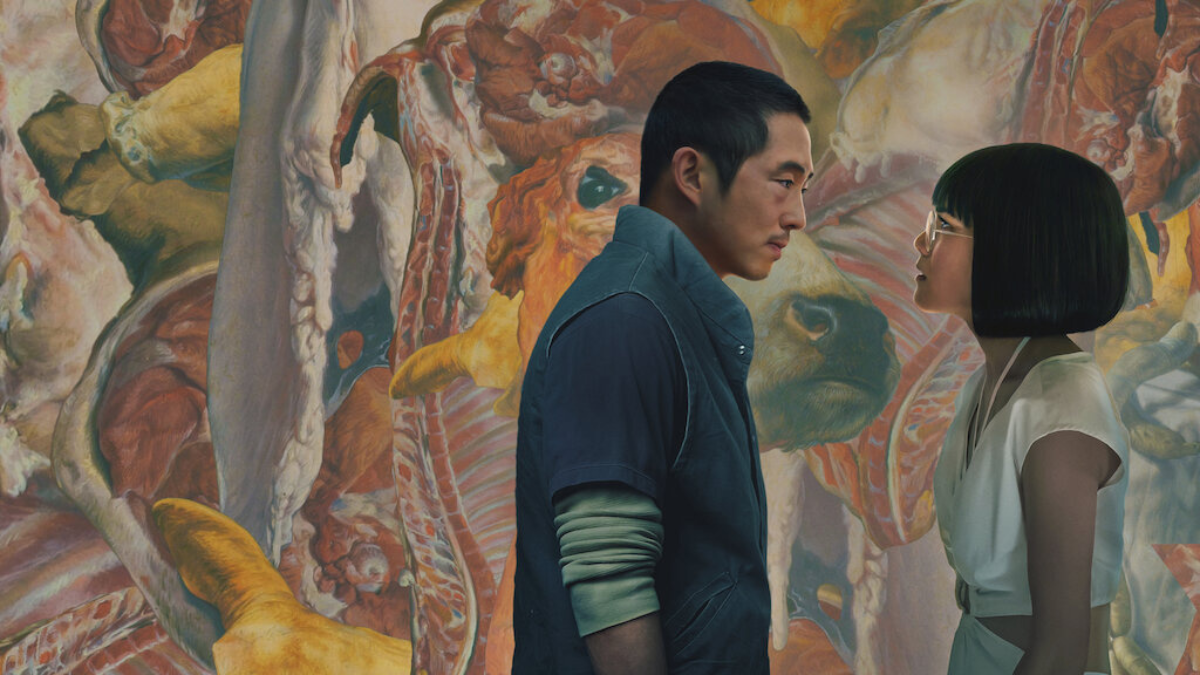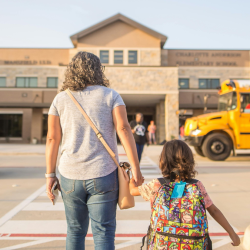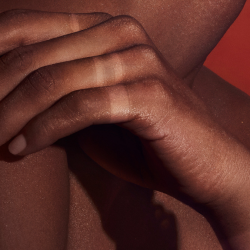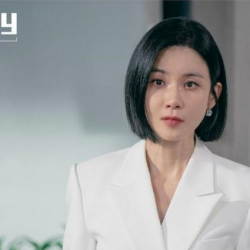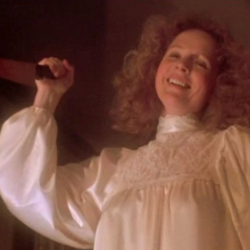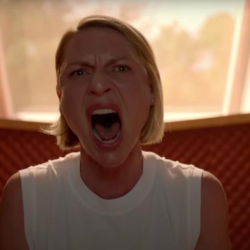(Warning: minor spoilers for episodes 1-7 of Netflix’s ‘Beef’ ahead)
Mum smothers her anger…
Whilst she dry swallows her daily grievances, my emotions are free-range, pastured and roaming. Sometimes, we’d argue about… well, arguing. It’s healthier to talk about it now, I’d insist. It’d take a few more years until I understood that articulating my frustrations is a freedom. It’s a luxury that mum never had, yet cultivated in her kids.
Conflict resolution isn’t on the menu in Netflix’s new series, Beef. It’s meet-catastrophe when Danny (Steven Yeun) and Amy (Ali Wong) clash in a retail car park. A moment of road rage devolves into a breakneck chase through Calabasas. They tear through flower beds and careen into oncoming traffic — and when the battle ends, the war begins. Danny hunts Amy down and pisses all over her bathroom. Amy retaliates by spray-painting ‘I am poor’ on his truck. It’s a white-hot start to a show that mostly sizzles; raw, sincere and darkly comical. I binged half the season in a single sitting.
The real conflict at Beef’s core isn’t about driving, but living deeply unsatisfying lives
Danny, a struggling handyman, has lofty ambitions to move his parents back to the States and build their SoCal dream home. He commands little respect, most of all from his kid brother and unofficial dependant, Paul. He fantasises about suicide and routinely binge eats Burger King in an uncomfortable, albeit relatable pursuit of control.
Amy appears to have it better. She’s the founder of Kōyōhaus, an upscale plant business she’s about to sell for millions. She shares her bougie home with her coddled, nepo-baby husband George, whose crunchy, new age aphorisms emphasise his good intentions, and the fact that he just doesn’t get it. She has little time to enjoy said home or spend with their young daughter, June. She’s self-made, ‘successful’, and still longs for emancipation from the ennui of breadwinner life.
Their lives are full of other people but Danny and Amy are islands, isolated in their self-destructive nihilism, who discover an intoxicating outlet in despising each other.
For me, the representation hit home. In the show, race is both crucially relevant and not. Written and directed by Korean creator Lee Sung Jin, Beef features a predominantly Asian cast. Danny and his brood are Korean whilst Amy, half Chinese and Vietnamese, marries into George’s Japanese family. As in life, these characters are impacted by their heritage but not defined by it — and God, it’s a breath of fresh air.
There’s nuance in the inter-Asian politics; Danny’s sketchy cousin Isaac fears persecution in prison from ‘The Filipinos’, whilst Amy tells George that Danny ‘didn’t like that you’re Japanese’. The joke about ‘peninsula mentality’ made me laugh out loud. Beef disrupts TV’s tendency to homogenise Asian narratives and expertly subverts stereotypes. Retribution for Danny and Amy doesn’t require seppuku, swords or shurikens. They’re refreshingly real, complex and most crucially, in pain. Beef makes it clear that both Amy and Danny are drowning long before they ever meet.
Diasporic trauma is an ineludible immigrant experience
It’s sort of like Fight Club, where you don’t talk about it — except the suckerpunches come in myriad daily microaggressions. Amy smiles blithely whilst billionaire Jordan Bello, the white lady who wants to buy her business, treats her like another exotic plaything. Danny grinds whilst his contracting clients degrade him, focused on bringing his parents home. As the eldest child in an Asian family, parental well-being is his responsibility — just as it’s my mum’s.
My grandparents moved from Singapore to London in the sixties, when signs decrying ‘No Blacks, No Dogs, No Irish’ were commonplace. Mum was viciously bullied at school and encouraged to keep her head down. She was never taught Malay or Portuguese, even though both of her parents were fluent. After all, assimilation meant survival. And they always meant well, did the best with what they knew. It still hurts, wondering just how young she was when she learnt to make her pain small.
So where do you put all the hurt? In episode four, Amy claims ‘it’s selfish for broken people to spread their brokenness.’ It would seem she’s right. With each episode, we watch her bitter feud with Danny consume and devastate their lives and the lives of everyone around them. It’s cathartic to watch these characters collide, but it’s their vulnerability that keeps us rooting for them.
After Amy reveals in therapy that her mother ‘thought talking about your feelings was the same thing as complaining,’ she divulges an inescapable heaviness to George, anticipating that he won’t understand. And she’s right; he doesn’t, suggesting that she ‘embrace the sadness’ instead. In the same episode and searching for something, Danny returns to his Korean childhood church. Surrounded by the congregation in praise, Danny breaks down in a scene that will resonate with anyone who grew up in the faith. Honestly, I’m a self-professed heathen and it’s choked me up on every rewatch.
Discontent is the child of disconnection
‘I am a cage,’ is the title of the seventh episode of Beef, taken from the Kafka quote: ‘I am a cage, in search of a bird’. The cage is the web that we weave for ourselves; the decisions that deliver us down one path or the next. The bird is human connection. Beef cautions on the cost of living for others, but it’s the moments of true connection — Danny and Paul bonding over mini-hoop basketball, Paul and Amy sharing a mangosteen and most crucially, the electric chemistry between Danny and Amy — where the crushing malaise of their mundane lives slips away.
Humans are social creatures and we are destined to be cages — empty, negative space — without authentic connection to complete us.
Featured image: Beef / Netflix

















